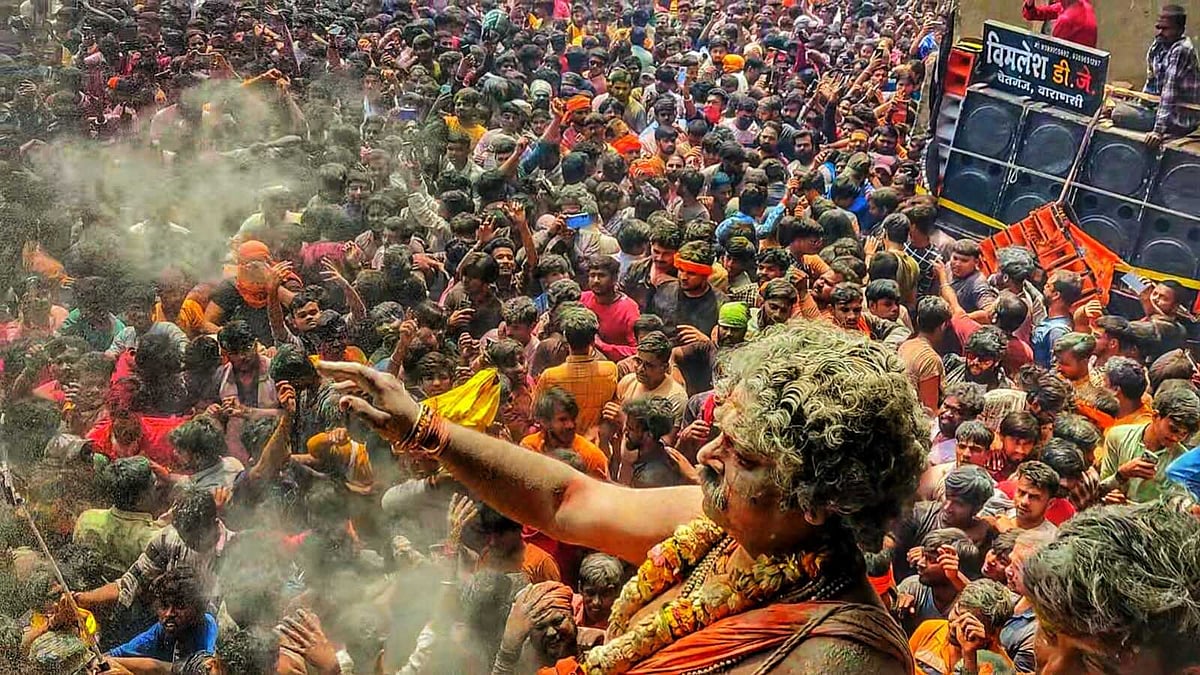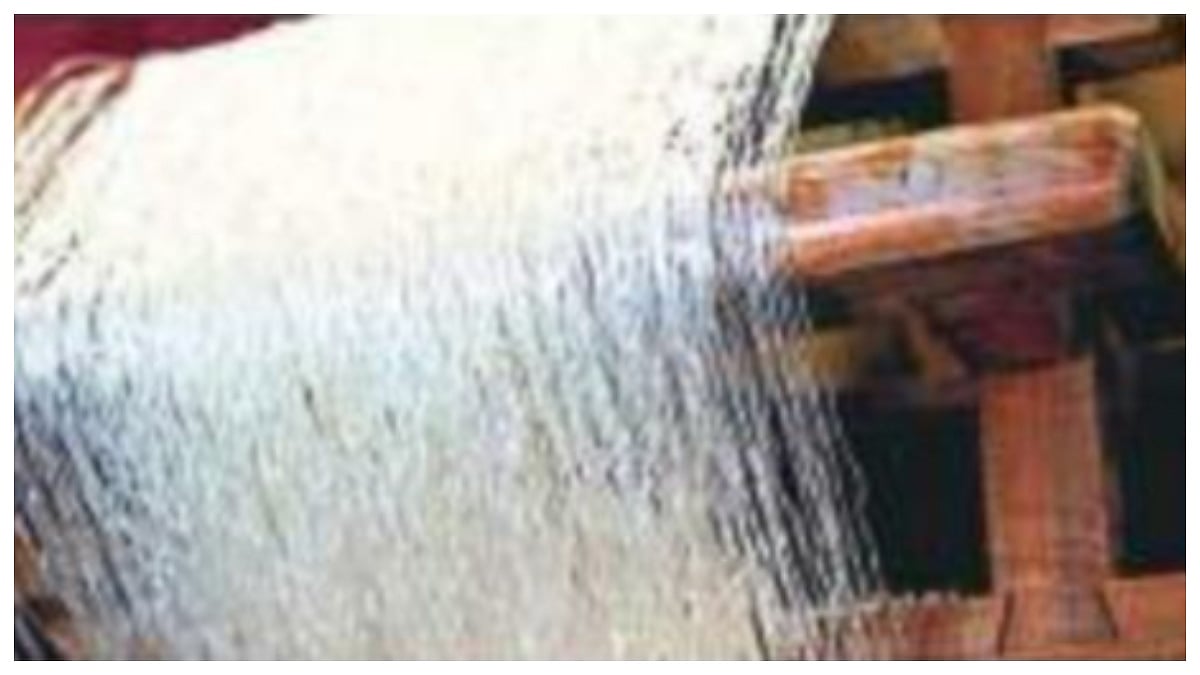In the rapidly evolving landscape where artificial intelligence meets wearable technology and biomedical engineering, new innovations are reshaping our approach to health monitoring, diagnosis, and treatment. This intersection is transforming how we understand and manage health, offering unprecedented possibilities for continuous monitoring and proactive health management. By combining AI with wearable devices, researchers and developers are pioneering technologies that not only detect and monitor various health conditions but also anticipate and mitigate health issues before they become serious.
Akhil Chaturvedi stands as a pioneering innovator in this field. His career, spanning prestigious institutions and cutting-edge companies, is at the forefront of this technological revolution. Chaturvedi's journey began in academia, where his graduate work on snore detection using audio signals caught the attention of industry leaders. This led to a pivotal role at Philips' Sleep and Respiratory Care division, where he contributed to the development of the Philips SmartSleep Deep Sleep Headband, a product that would go on to make waves in the consumer market. "Our team at Philips was challenged to create a wearable EEG device that could not only detect sleep stages but actively improve deep sleep," Chaturvedi explains. "We developed sophisticated algorithms using convolutional neural networks and long short-term memory networks to accurately identify sleep stages in real-time." This innovative product, now available to consumers, exemplifies the potential of AI in wearable technology. The project's success earned Chaturvedi and his team the Dutch Hendrik Lorentz Award for "best industry application" in 2019, highlighting the real-world impact of their work.
Chaturvedi's innovations extend beyond sleep science. His research into stress detection revealed that galvanic skin resistance proved to be a more reliable indicator of stress than the commonly used heart rate variability. But his work didn't stop at mere detection. "We developed a patent for a system that not only monitors stress signals but also analyzes your daily activities," Chaturvedi elaborates. "Using machine learning and predictive science, we can now forecast which upcoming events in your calendar might be stressful and suggest ways to prepare. It's about preemptive stress management, tailored to each individual's life." This groundbreaking approach demonstrates the power of combining AI with wearable technology to not just react to health issues, but to anticipate and mitigate them proactively.
At the Union Institute of Science, Chaturvedi shifted focus to the microscopic realm, developing microfluidic sensors capable of detecting diseases like malaria and HIV from minute samples. "We were working towards a future where a simple, wearable patch could continuously monitor your blood or sweat for early signs of disease," he notes. His research journey then took him to the Center for Neuroscience at the Indian Institute of Science, where he delved into electromyography (EMG) to understand the complex relationship between brain signals and physical movement. This work laid the groundwork for potential advancements in prosthetics and rehabilitation techniques.
One of the most intriguing chapters in Chaturvedi's research career unfolded at the Singapore Institute of Neurotechnology (SINAPSE). Here, he explored the synchronicity of brain activity between pilots and co-pilots during flight simulations. "We found fascinating patterns of brain synchronization during critical flight phases," Chaturvedi recounts, opening new avenues for understanding team dynamics in high-stress environments.
Chaturvedi's ability to bridge the gap between academic research and practical applications is evident in his impressive portfolio of patents. His innovations span a wide range of healthcare applications, including a system to enhance dream recall (US20210169404A1, 2021), content recommendation systems for web-based mental health care, personalized stress management recommendations based on wearable data and calendar activities (US20210028386A1, 2021), AI-driven personalized treatment methods (US20210407647A1, 2021), and portable blood sample preparation for microfluidic flow cytometry (2016). These patents underscore Chaturvedi's commitment to translating complex research into potentially life-changing technologies.
Now, as a Staff Machine Learning Engineer at Headspace Health, Chaturvedi is at the forefront of applying AI to mental health care. "We're developing machine learning algorithms and recommender systems to help users improve their mental health in a measurable and scalable manner," he explains. Looking to the future, Chaturvedi envisions a world where AI and wearable sensors work in harmony to offer unprecedented insights into our health. "We're moving towards continuous health monitoring," he predicts. "Imagine wearable sensors that can detect subtle physiological changes, combined with AI that can interpret this data to predict and prevent health issues before they become serious."
This vision extends beyond disease prevention to the burgeoning field of anti-aging research. "By providing a comprehensive, real-time picture of an individual's health, these tools could help us understand the aging process better and develop targeted interventions to extend not just lifespan, but healthspan," Chaturvedi explains.
Akhil Chaturvedi's journey through the landscape of biomedical engineering, AI, and wearable technology illustrates the immense potential at the intersection of these fields. From enhancing sleep quality with consumer products to decoding brain activity, from microscopic disease detection to predictive stress management, his work continues to push the boundaries of what's possible in healthcare. As we stand on the brink of a new era in personalized medicine, Chaturvedi's multidisciplinary approach and innovative spirit serve as a beacon, guiding the way towards a future where technology doesn't just treat illness, but actively promotes wellness. Through his continued research, development efforts, and patented innovations, Chaturvedi is helping to usher in a healthcare revolution—one where AI and wearable sensors empower individuals to take control of their well-being like never before.
.jpg)
In Chaturvedi's vision of the future, our health will be continuously monitored, precisely analyzed, and proactively managed, leading to longer, healthier, and more fulfilling lives. As he continues to innovate at the forefront of this field, the healthcare landscape of tomorrow is being shaped today, promising a future where technology and human health are more interconnected and personalized than ever before.
Disclaimer: This is a syndicated feed. The article is not edited by the FPJ editorial team.
.jpg?width=1200)



